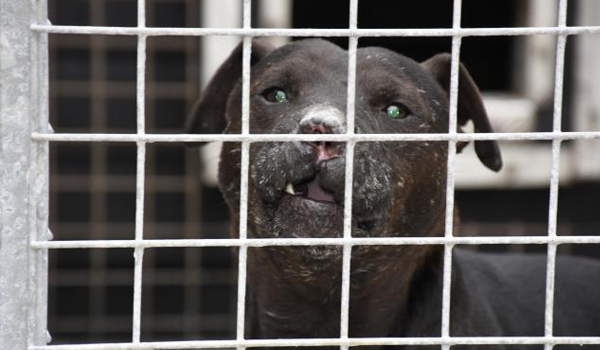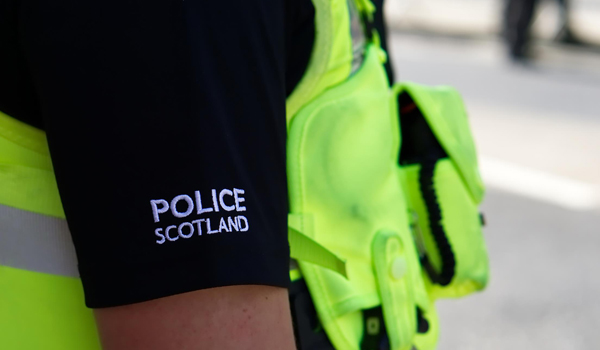Tougher penalties for animal and wildlife crime
New measures to increase the maximum available penalties for the worst cases of animal cruelty have come into force in Scotland.
The tougher penalties will include the so-called ‘Finn’s Law’ to prevent those who attack or injure service animals from claiming they did so in self-defence.
The law, which came into effect in England and Wales last year, is named after the police dog ‘Finn’, which sustained serious injuries when it was stabbed multiple times while pursuing a suspect with his handler PC David Wardell in 2016.
The Animals and Wildlife (Penalties, Protections and Powers) (Scotland) Act 2020 increases the maximum penalty for the most serious animal welfare and wildlife crimes to five years imprisonment and unlimited fines.
These tougher penalties will be available to courts when convicting those involved in animal fighting, causing unnecessary suffering to animals or committing a wide range of serious crimes against wildlife.
Other parts of the Act will create flexible new powers to allow various Fixed Penalty Notice (FPN) regimes to be developed for a wide range of less serious animal health, animal welfare and wildlife offences. The Scottish government says these will be introduced in future secondary legislation.
And the introduction of new powers to deal more quickly with animals seized to protect their welfare will be brought forward at the earliest opportunity in 2021.
Scottish Society for Prevention of Cruelty to Animals (SSPCA) Chief Superintendent Mike Flynn said: “As Scotland’s animal welfare charity, the Scottish SPCA has long campaigned for harsher sentences for animal and wildlife crime and it is fantastic to see these come in to effect. Sentencing must act as a deterrent and we are hopeful increasing sentences and fines will achieve this.
“A number of the proposals due to come in to force will be transformational. We seize thousands of animals for welfare reasons every year, so the prospect of new powers to get these animals in to a home more quickly is welcome. Currently, animals can spend months or even years in our care and we look forward to working with the Scottish government to implement the reforms as soon as possible. The Act will enhance Scotland’s position as a global leader in animal welfare standards.”
PC Wardell added: “Every day in Scotland our brave police dogs and horses put themselves in harm’s way to look after us and protect society. To see these amazing animals receive the protection in law that they so rightly deserve is a great moment in my life. Thank you.”
Further changes under the Animals and Wildlife Act to restrict the licensed killing of seals are due to take effect from February 1, 2021.
And the reclassification of mountain hares as endangered animals, which will protect the species from being killed, injured or taken (except under licence for certain limited purposes) at any time of the year is expected to come into force on March 1, 2021, subject to certain permitted exceptions.
The Scottish government is also preparing a report to be laid before the Scottish Parliament by March 1, 2021, on the use of acoustic deterrent devices on fish farms.
Rural Affairs Minister Mairi Gougeon said: “We take animal welfare and wildlife crime very seriously, and we are committed to ensuring Scotland’s animals have the best possible protection, including our dedicated service animals.
“The vast majority of people in Scotland treat animals and wildlife with respect and care, however, the small minority who don’t will be held accountable with consequences that reflect the severity of their crime.”
The Animals and Wildlife Act was passed by the Scottish Parliament on June 17 this year and received Royal Assent the following month.







